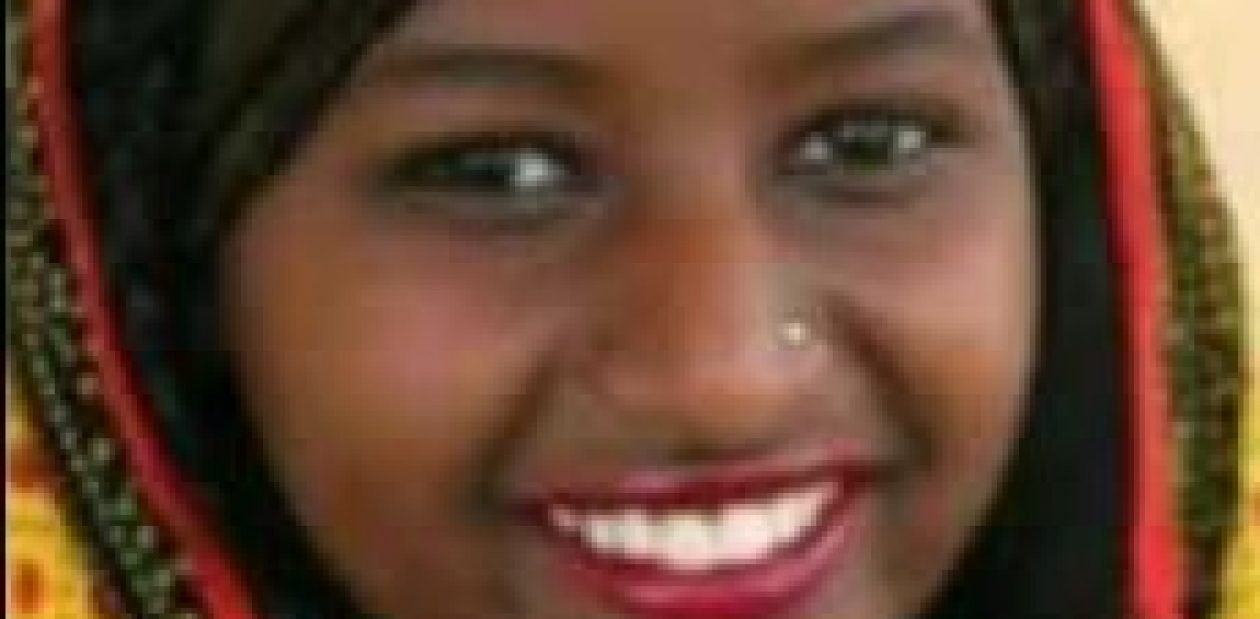Six years ago, I fled to Israel from my native Eritrea, fearing for my life at home. Two weeks ago, after waiting for six years for Israel to review my application for refugee status — something it has repeatedly refused to do — I joined thousands of other Africans in a strike to force the government to recognize our basic human rights.
I am not in Israel on a whim. I had no choice but to leave Eritrea, where arrest, forced labor and indefinite military conscription are facts of daily life. In 2008, after four years in the military — which often contracted me out to private companies as an unpaid construction worker — I asked when I would be discharged. The military refused to answer.
Shortly after, I was warned that I was about to be thrown in prison. My brother had already escaped the military into Ethiopia, and though my mother had been imprisoned for six months as a result, I decided to flee as well. I left, not knowing where I would end up; I only knew that I could not stay.
I traveled with several others through Sudan, fearing that the Eritrean Army would catch us, and through Egypt, where half our group was caught by the Egyptian police and sent back to Eritrea. I was shot at by Egyptian soldiers at the Israeli border, and spent two days alone in the desert before I was found by an Israeli soldier and brought to a hospital.
I have encountered great moments of individual kindness here in Israel. If it were not for an Israeli family that took me in after seeing me homeless and injured in south Tel Aviv, my story might have ended there.
And yet the government has repeatedly denied the fundamental reality of my situation. Much of the world would consider me a refugee, and I would not have risked my life unless I thought so as well. But Israel has refused to determine my refugee status in any systematic or transparent manner, leaving me in a legal limbo, unable to work on the books and unsure of whether I will be allowed to stay.
I am not alone: More than 50,000 refugees reside in Israel, but only a handful have been given refugee status.
The Israeli government may not know what to do with us, but the Israeli economy does: We are busboys and construction workers, labor that countless businesses could not do without. While I was trained as an engineer in Eritrea, in Israel I washed dishes and worked as a cook.
Meanwhile, we live in fear of the arbitrary summons that sends asylum seekers to prison facilities, where we can be detained without trial. Israel claims that these facilities are “open,” with detainees free to leave, but they are isolated — one new facility is far out in the Negev Desert. There is nowhere to go. While I have not received a summons yet, many of my friends have been less lucky.
Instead of trying to understand our situation and work toward a solution, many members of the Israeli Parliament would rather demonize us, calling us “infiltrators” and criminals. This language has crept into the news media and become mainstream in a culture already suspicious of “the other.” Though they hardly know us, Israelis are taught to hate us, to think of us as outsiders coming to take their jobs or, worse, to harm them.
In December, about 200 asylum seekers walked out of a desert detention facility , and after two days of traveling arrived in Jerusalem to protest their conditions.
Drawing inspiration from their brave actions, a few weeks later the larger community of asylum seekers in Israel — mostly Eritrean and Sudanese — announced a general strike, demanding that Israel finally adhere to its obligations under the 1951 Refugee Convention and undertake an honest, thorough determination of our refugee status. The convention, which Israel not only signed but helped write, states that those identified as refugees are guaranteed safe haven and the right to work in their host countries.
And we have done more than strike. A week ago, more than 25,000 of us gathered in Tel Aviv’s Rabin Square shouting, “We are refugees!” The next day, I stood outside the American Embassy with many thousands of my fellow asylum seekers; others went before the British, Canadian, French and Italian Embassies. No one came out to greet us, but they most certainly heard our chants. Meanwhile, more than 10,000 refugees traveled from Tel Aviv to Jerusalem to protest in front of the Israeli Parliament. Even more would have gone, but we didn’t have enough buses.
I do not want to stay in Israel any longer than I have to. If I could return to a peaceful Eritrea, I would. I want to see my family, and to return to my engineering job.
Until then, however, I must make the best out of what is sometimes an unbearable situation. Until then, the Israeli government must recognize our right to live and work in this country. And until then, the international community must insist that Israel drastically shift its policy regarding refugees.
Ghirmay Birhane is awaiting refugee status in Israel. He wrote this article with the assistance of Kav LaOved, an immigrants’ rights organization.
Source : Via Limbo in the Levent – NY Times
